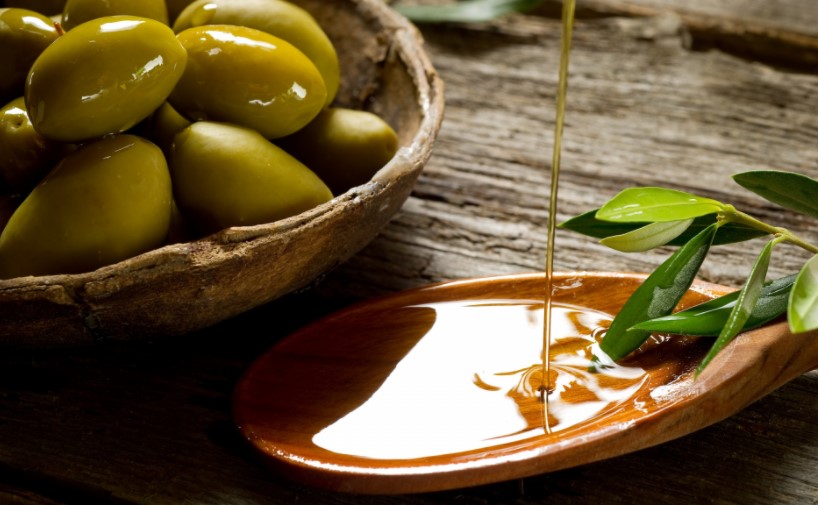According to Montserrat Fitó, MD, PhD, coordinator of the Cardiovascular Risk and Nutrition Research Group at the Hospital del Mar Medical Research Institute in Barcelona, Spain, olives are a staple of the Mediterranean Diet, which is well-known for improving cholesterol levels and lowering the risk of heart disease and diabetes. But what is it about those salty, plump morsels that make them such an important part of the year’s top-rated diet (according to U.S. News & World Report)? Continue reading to learn why you should include more olives in your diet.
Remember that if you don’t like the taste of olives, you can still reap many of their benefits by cooking with olive oil—just make sure to use it on low to medium heat. There are also companies such as Olyxir that make teas and chocolates from olive leaves, which means you get all the antioxidants and vitamins without the olive flavour. If you enjoy olives, try making a tapenade, serving them with fish or chicken, or using them in a salad with radicchio.
1-Antioxidants
Olives, whether black, green or stuffed with blue cheese, are high in vitamin E and polyphenols, which are both powerful antioxidants. To simplify, antioxidants are powerful compounds that fight free radicals in the body, thereby protecting cells and preventing cardiovascular disease and cancer. Antioxidants also help to protect your immune system, allowing you to avoid illness and stay healthy as you age. Vitamin E is fat-soluble, which means it is better absorbed into your bloodstream when combined with fat—just like in nature’s perfect little olive package.
2-Fats That Are Beneficial
Olives are high in monounsaturated fats, which are considered healthy fats that can lower the risk of heart disease and potentially reduce inflammation in the body. These fats are extracted to create olive oil, which we all know and love for being one of the healthiest ways to dress up a salad or a bowl of pasta.
3-Iron
This is unique to black olives, such as Kalamatas. Those dark little fruits (yes, olives are technically fruits!) are high in iron, an essential nutrient that aids in the transport of oxygen to the blood. Iron deficiency is quite common in women, and it could be the cause of your fatigue, lightheadedness, or cold hands and feet. Only 100 grammes of olives provide about 16% of the daily value for women aged 19 to 40.
4-Fiber
The advantage of eating the whole olive rather than just the oil is that you get more dietary fibre, which helps keep you full and your digestive system running smoothly. It’s not a lot, but we’ll take any excuse to add a few of those savoury bursts of flavour to our plates.
